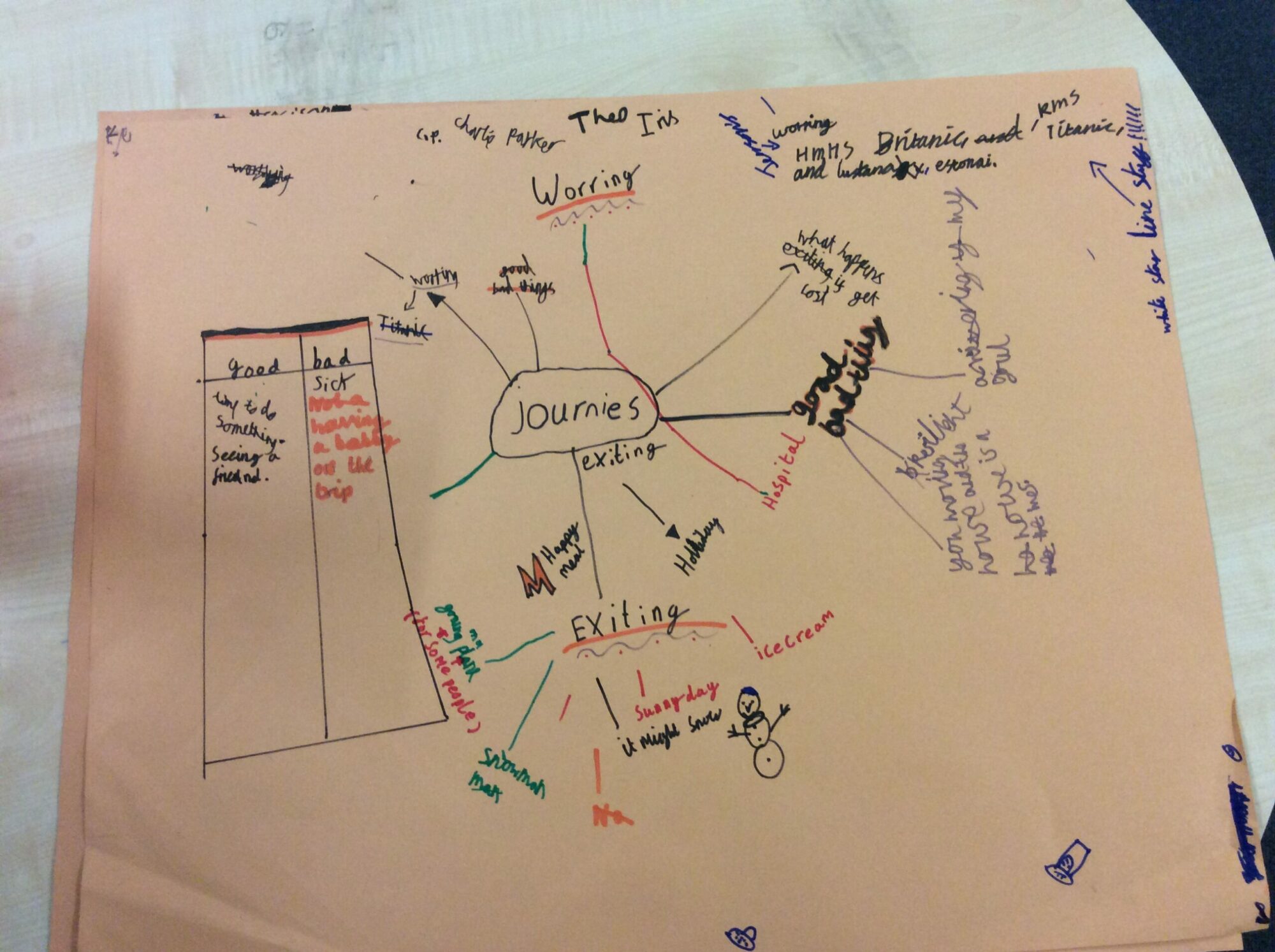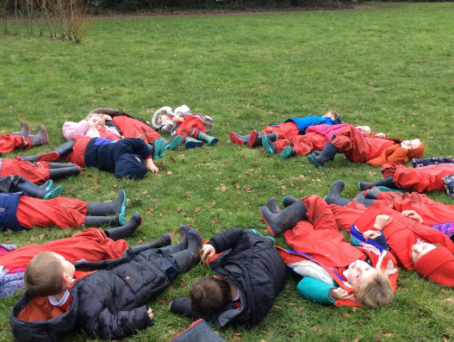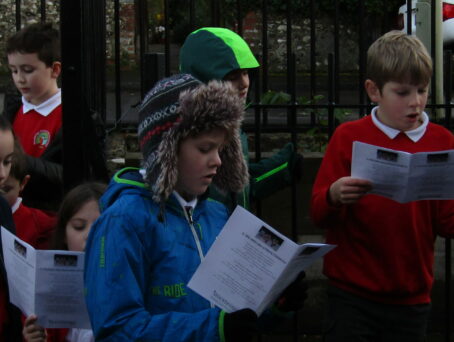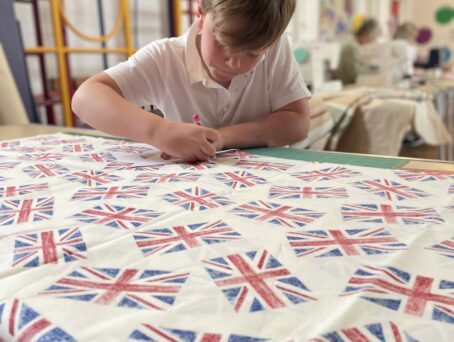Religious Education at Stockbridge
Whilst we may not be a Church of England School, Religious Education is a critical part of our curriculum and children are always fascinated when learning about Christianity and other faiths. Their questions are insightful, appropriate and show high levels of curiosity and intrigue. Through RE teaching, we can develop an appreciation of all faiths and tolerance in line with British Values.
At Stockbridge Primary and Pre-school we follow the Living Difference IV Syllabus, the Agreed Syllabus for Hampshire, Portsmouth, Southampton and The Isle of Wight. It helps children understand how to speak, think and act in the world around them. This heavily aligns with the British Values and is a key part of our curriculum – our mission is to shape learners for life and learning how to co-exist in the world is crucial to this. Our aim is to bring RE to life and make it meaningful for our children. Through use of the cycle of enquiry and by arranging visits or visitors we believe our children broaden their knowledge of and respect for different people’s faiths, feelings and values.

How do we teach RE?
In the lower school children’s learning focuses on Christian and Jewish religious traditions with one overview study each year on Hindu religious traditions.
In the upper school the children’s learning focuses on Christian, Muslim and Sikh religious traditions over the three year cycle. They also have one overview study each year on Jewish religious traditions as a chance to revisit and deepen their previous learning.
This syllabus takes an enquiry-led approach to learning in religious education. Each term children are introduced to a concept, or as we know it ‘a big idea’. This idea will be related to the children’s own experiences before applying it to other familiar aspects of life. Finally, the idea is then contextualized within the religion the children are learning about. For example, children in Reception will compare how they celebrate their birthdays leading to them learning that Christians celebrate Jesus’ Birthday at Christmas time.
According to the Education Act 2002, schools must give RE equal standing to the core subjects. Living Difference IV states that this is 36 hours a year for EYFS and KS1 and 45 hours a year for KS2. At Stockbridge, we choose to teach these in blocks at an appropriate time within our topic for each half term.
What does RE look like in our school?
A broad and balanced approach

Spiritual learning
During lessons children are given the opportunity to rejoice and celebrate things that are important to them and think about their own and others beliefs, religious or otherwise. Gaining a sense of awe and wonderment when visiting a special place, meeting a new person or being part of a new experience all help to encourage children’s fascination in the world. Children will reflect on key questions and search for meaning in concepts such as good and evil, identity, rituals and belonging.

Moral learning
Developing a strong moral compass and understanding the difference between right and wrong sits within our RE learning. By studying different beliefs and religions, we learn about what they value and how they choose to lead their lives. We learn about the sacred texts and teachings of religions and how these impact the choices people that believe in them might make. As a result, children are encouraged to celebrate the diversity of the world around them and the people that live within it.

Social learning
Part and parcel of RE learning is being collaborative and tolerant in a range of contexts. The children will often work in groups with others who may not share the same views that they do. When children share their own experiences and respond to the experiences of others they are learning to work together. This helps them to develop skills and attitudes that will allow them to participate fully in and contribute positively to life in modern Britain.

Cultural learning
Tasting new foods when learning about celebrations, dressing in traditional clothes, visiting a place of worship or studying religious paintings all give our children new cultural experiences, helping to create new interests in and an opportunity to explore different faiths and beliefs. They also learn to recognise and value the things we share in common across cultural, religious, ethnic and social- economic communities. Above all, children learn to respect everyone regardless of whether they share the same beliefs or not.

